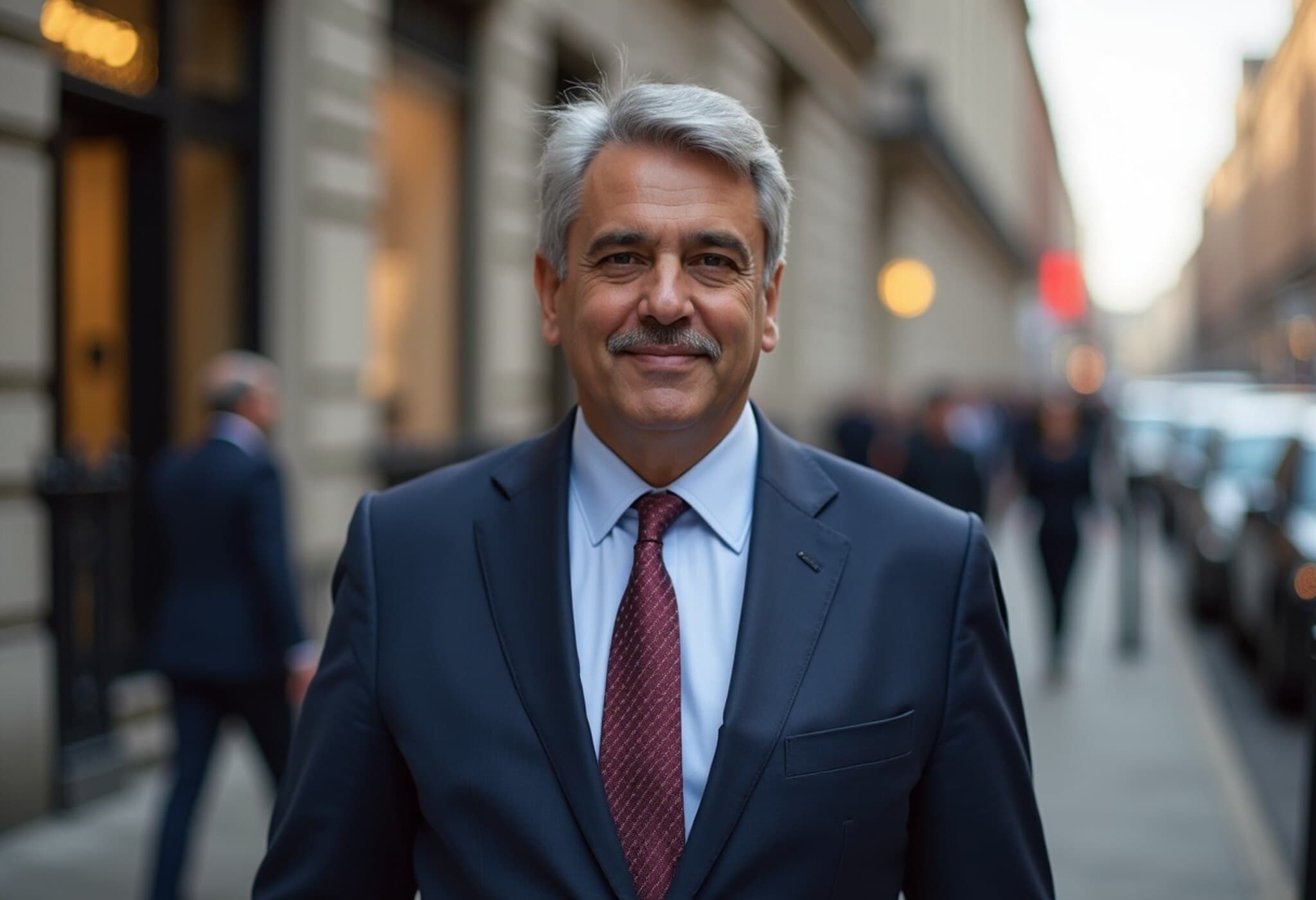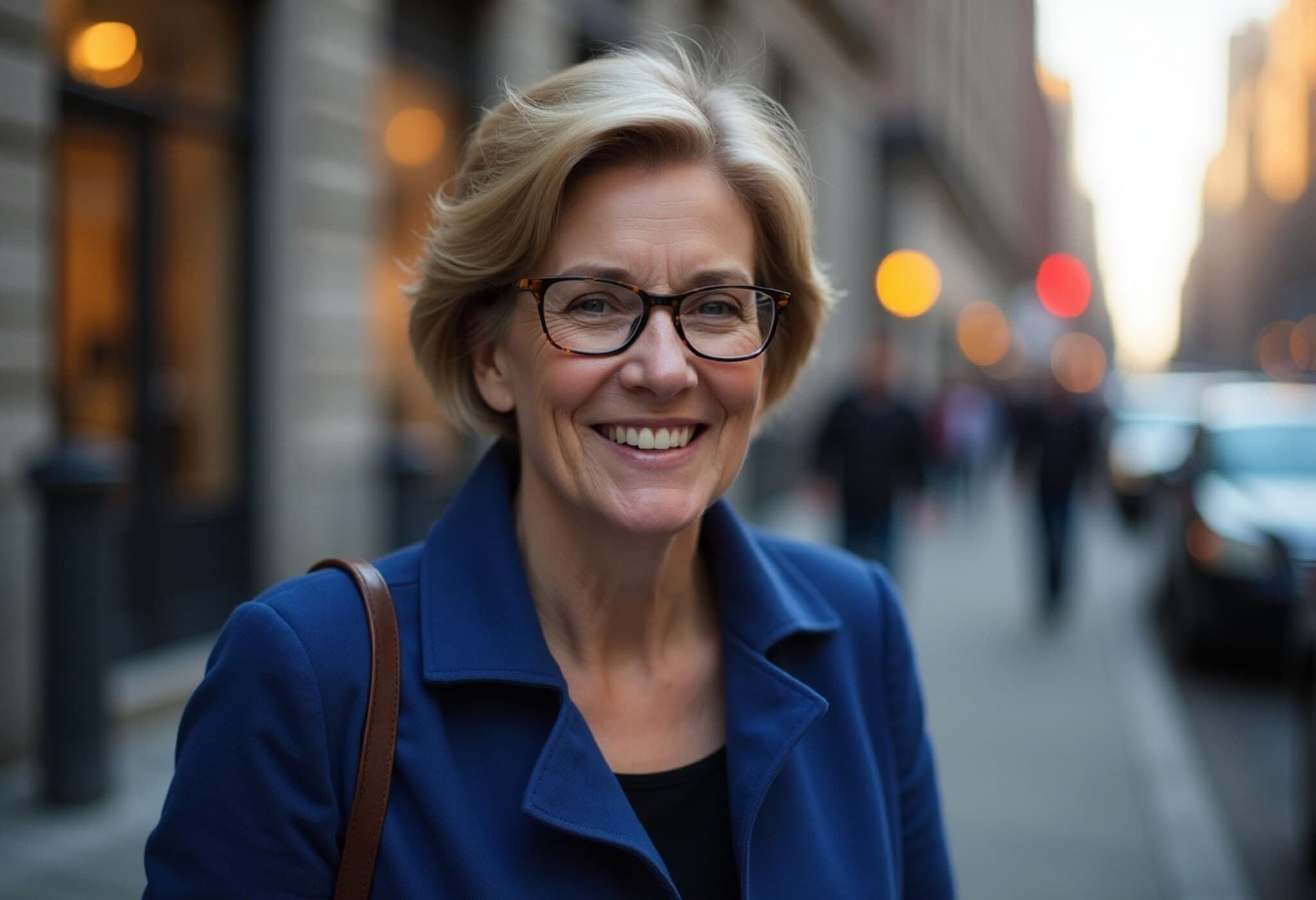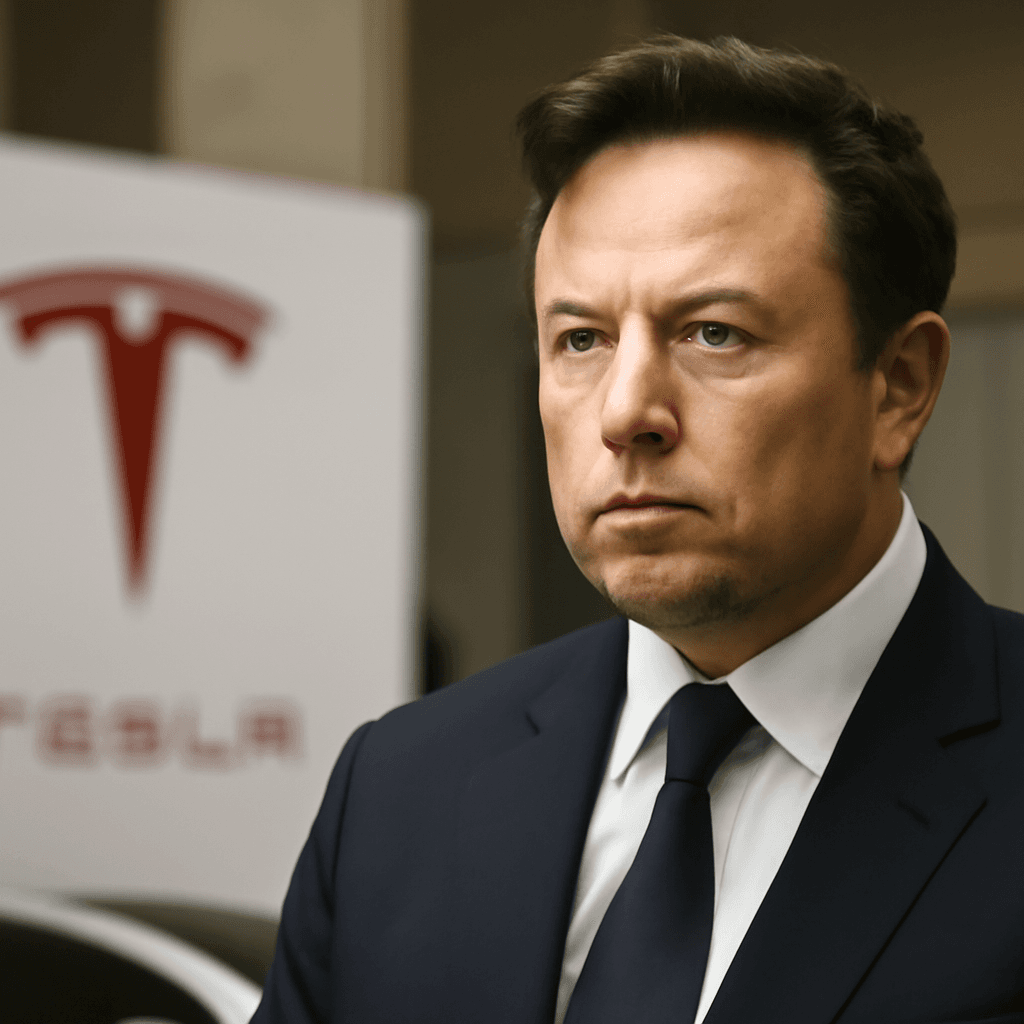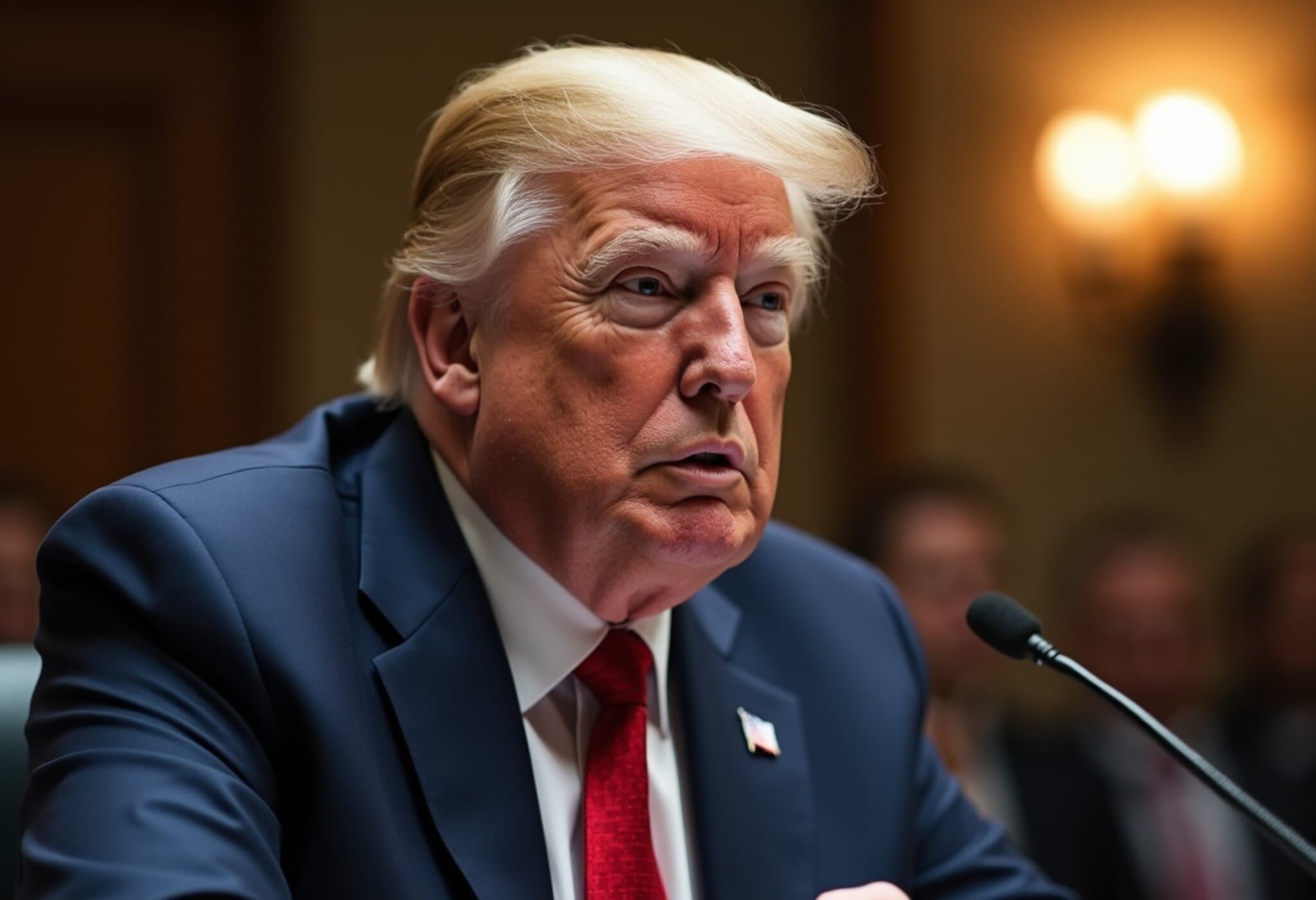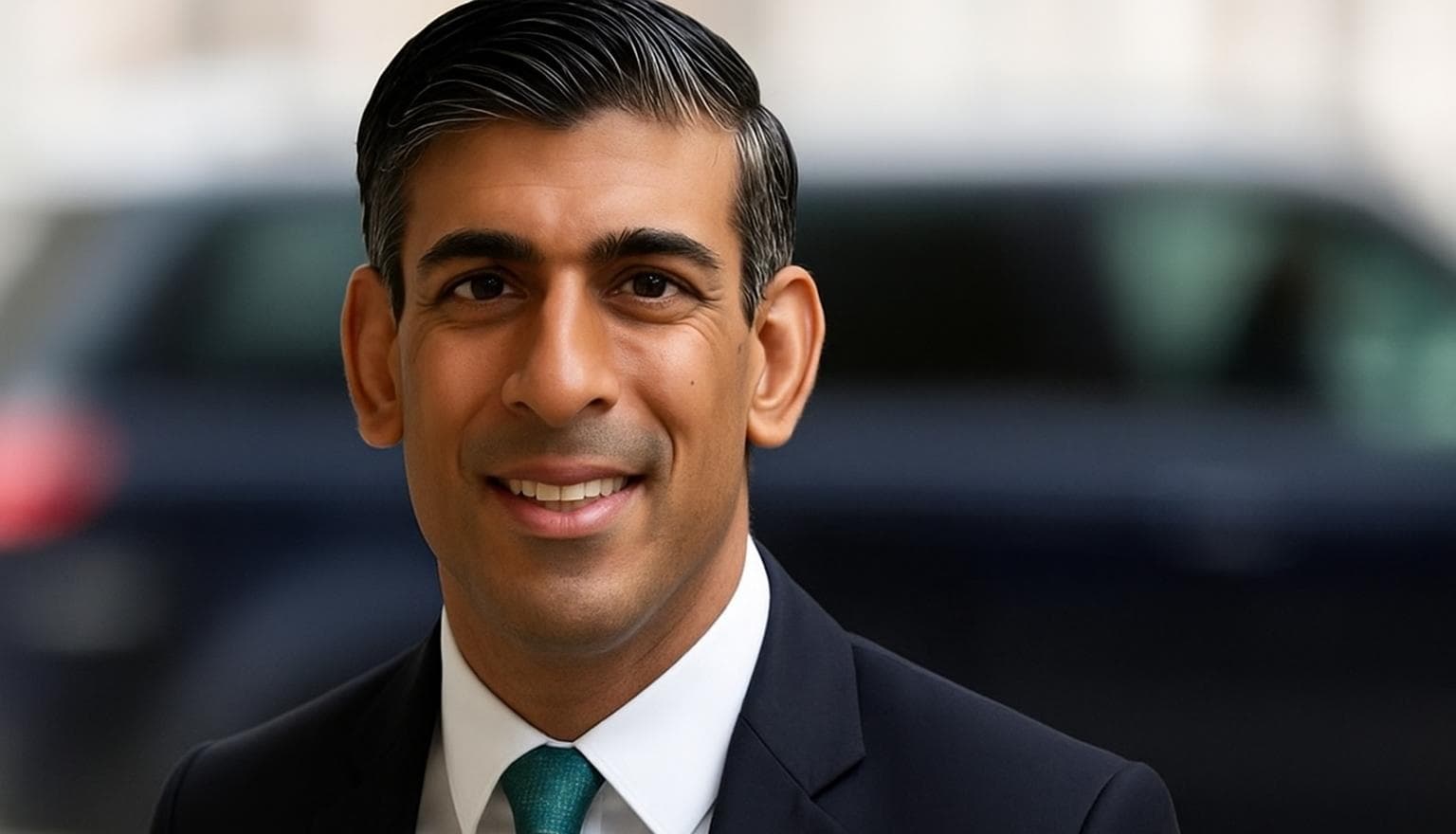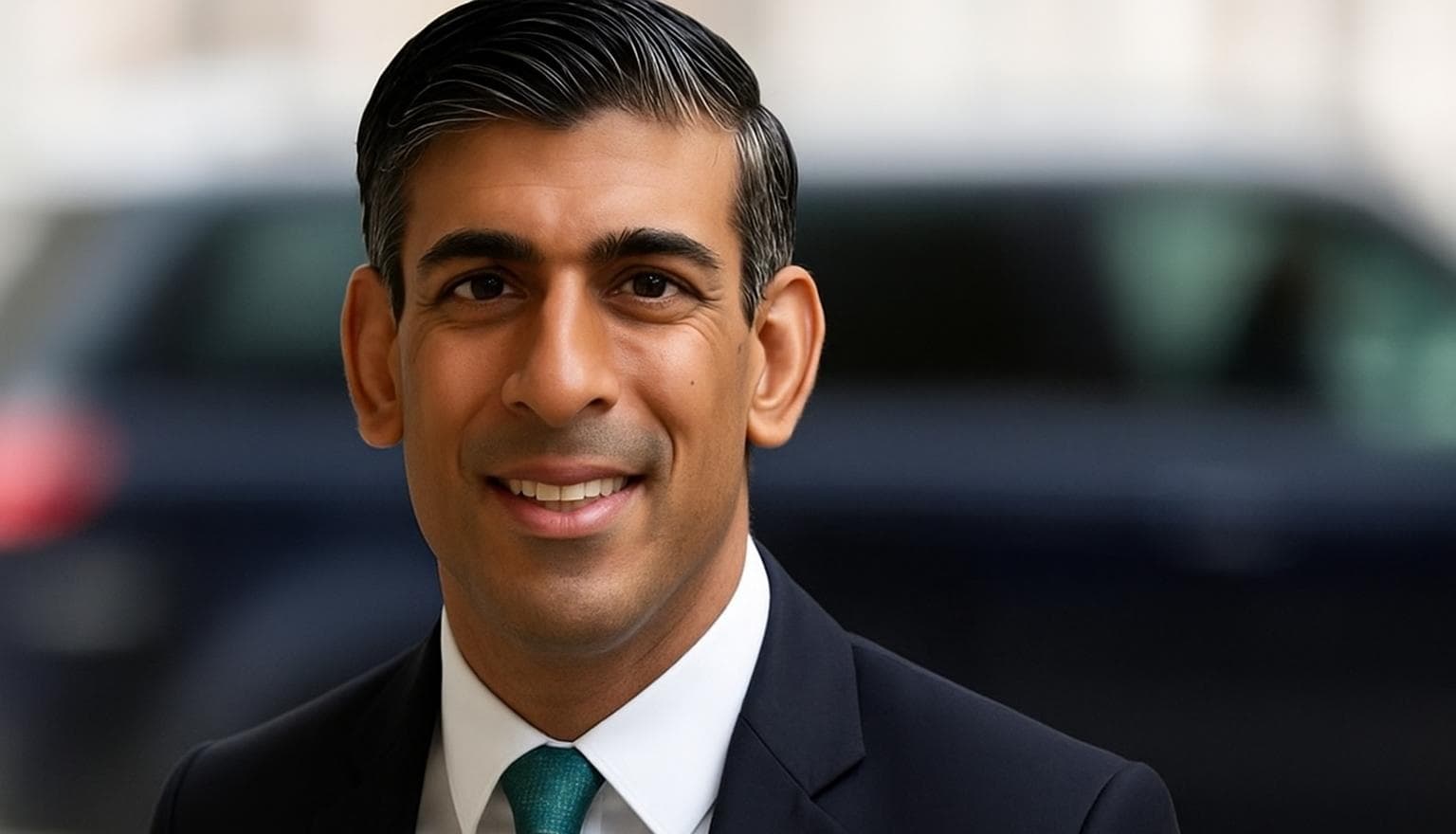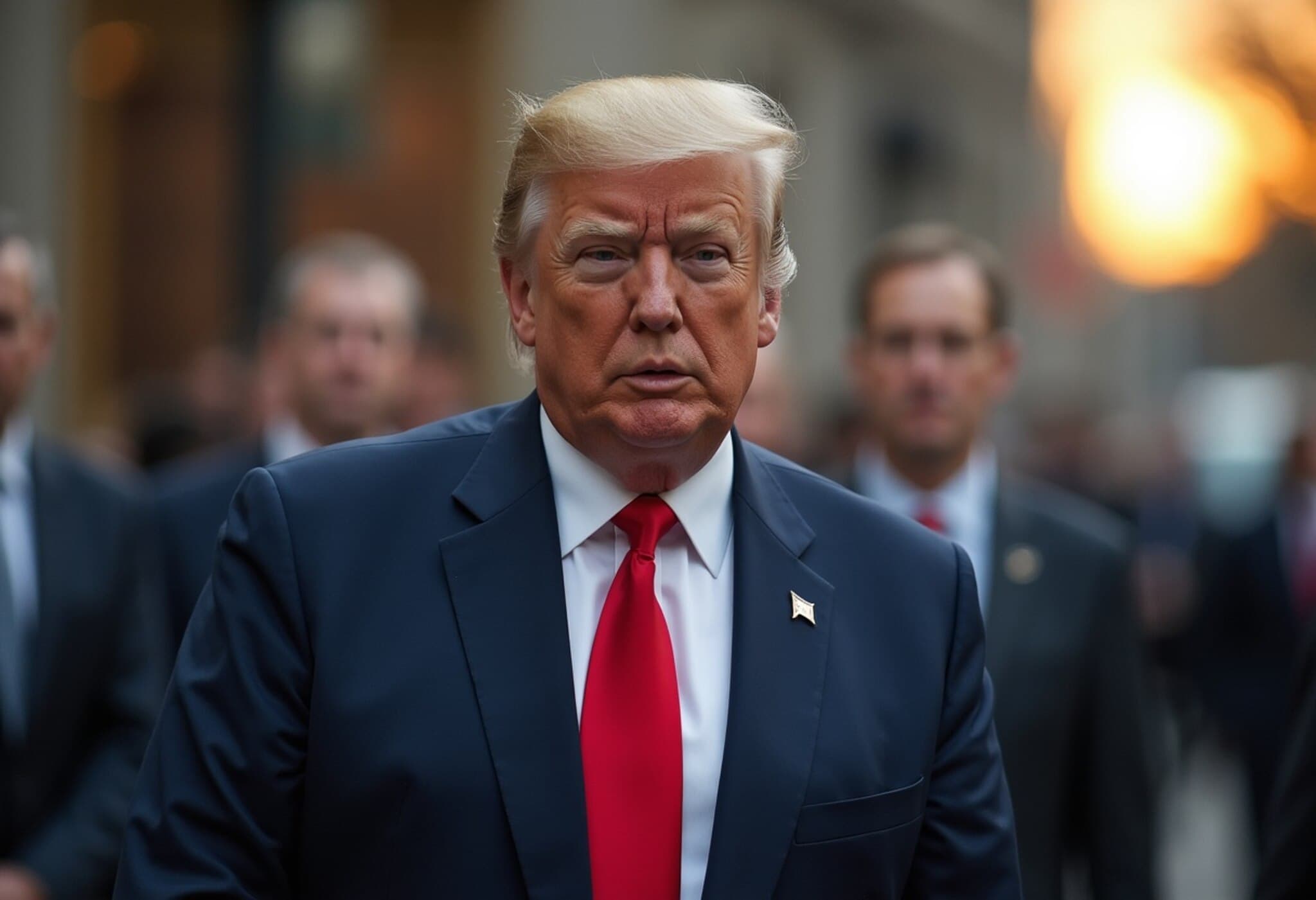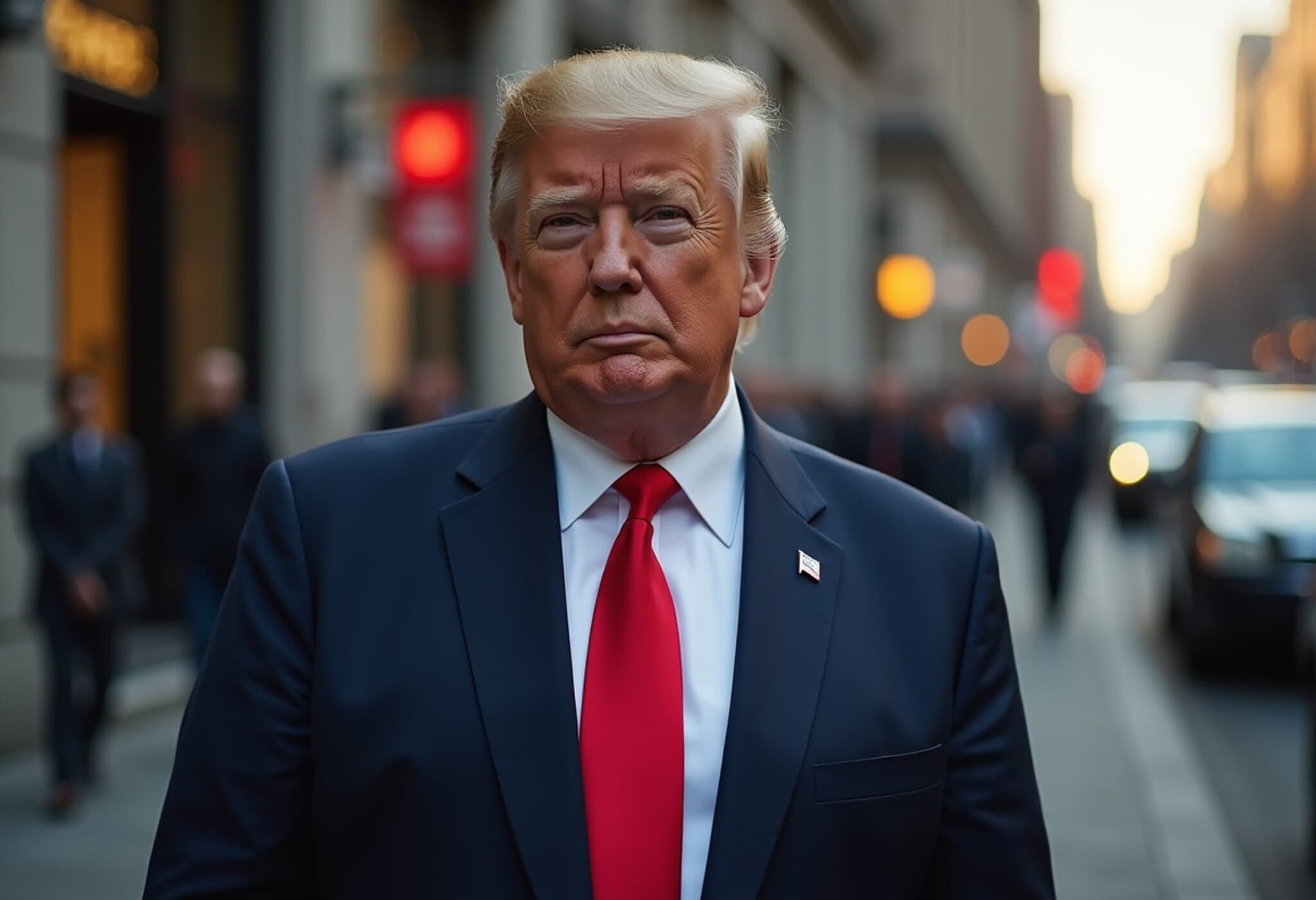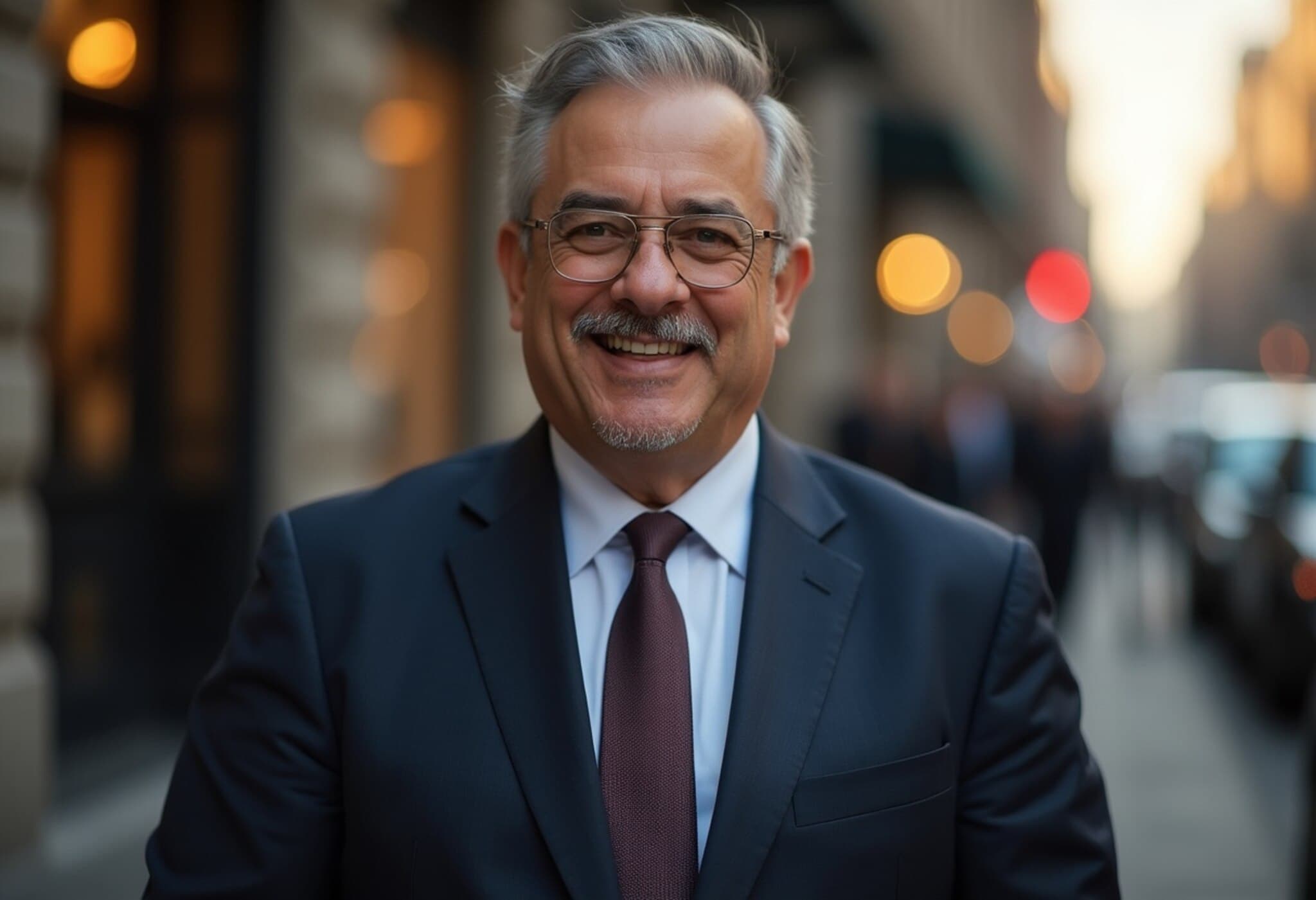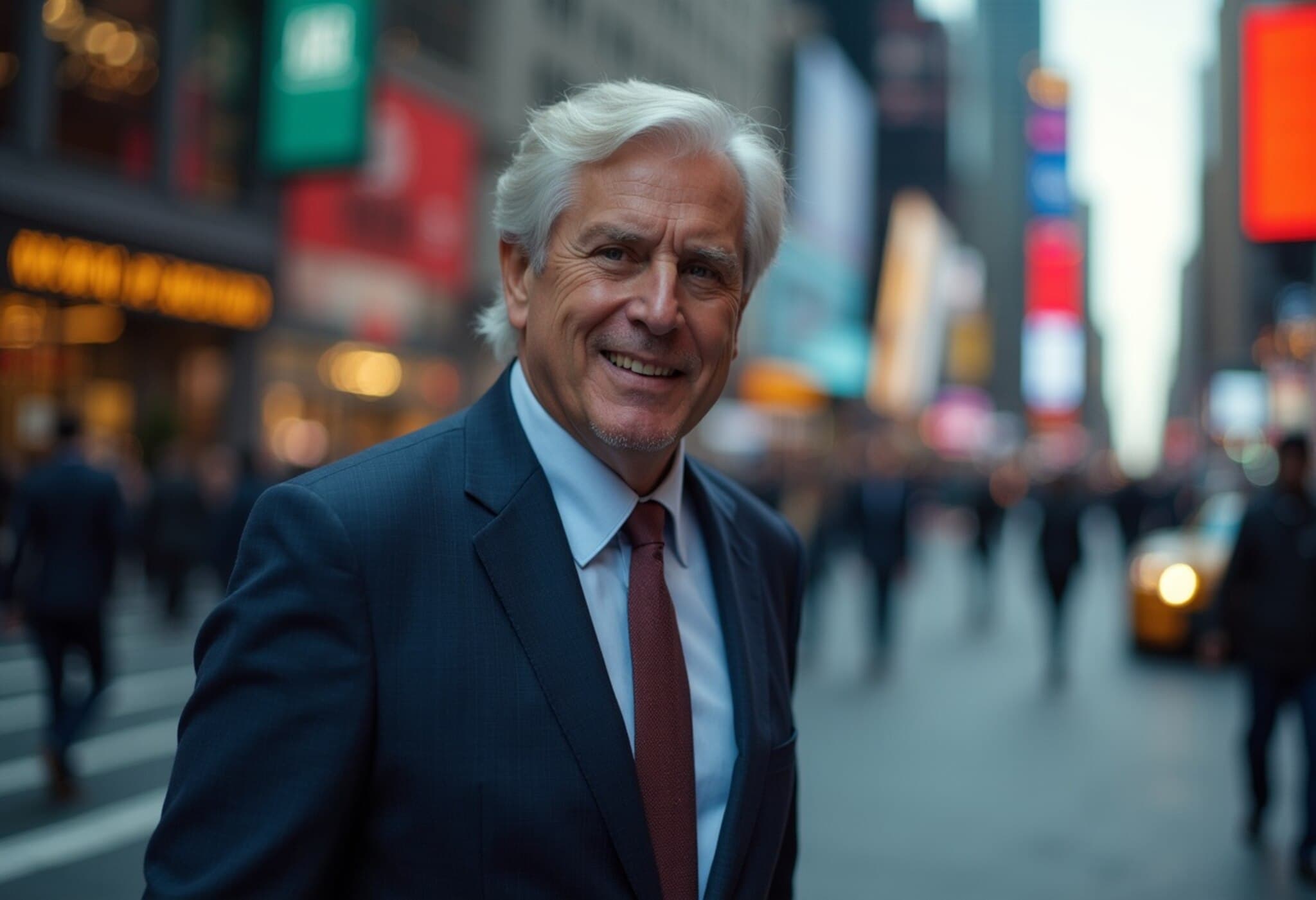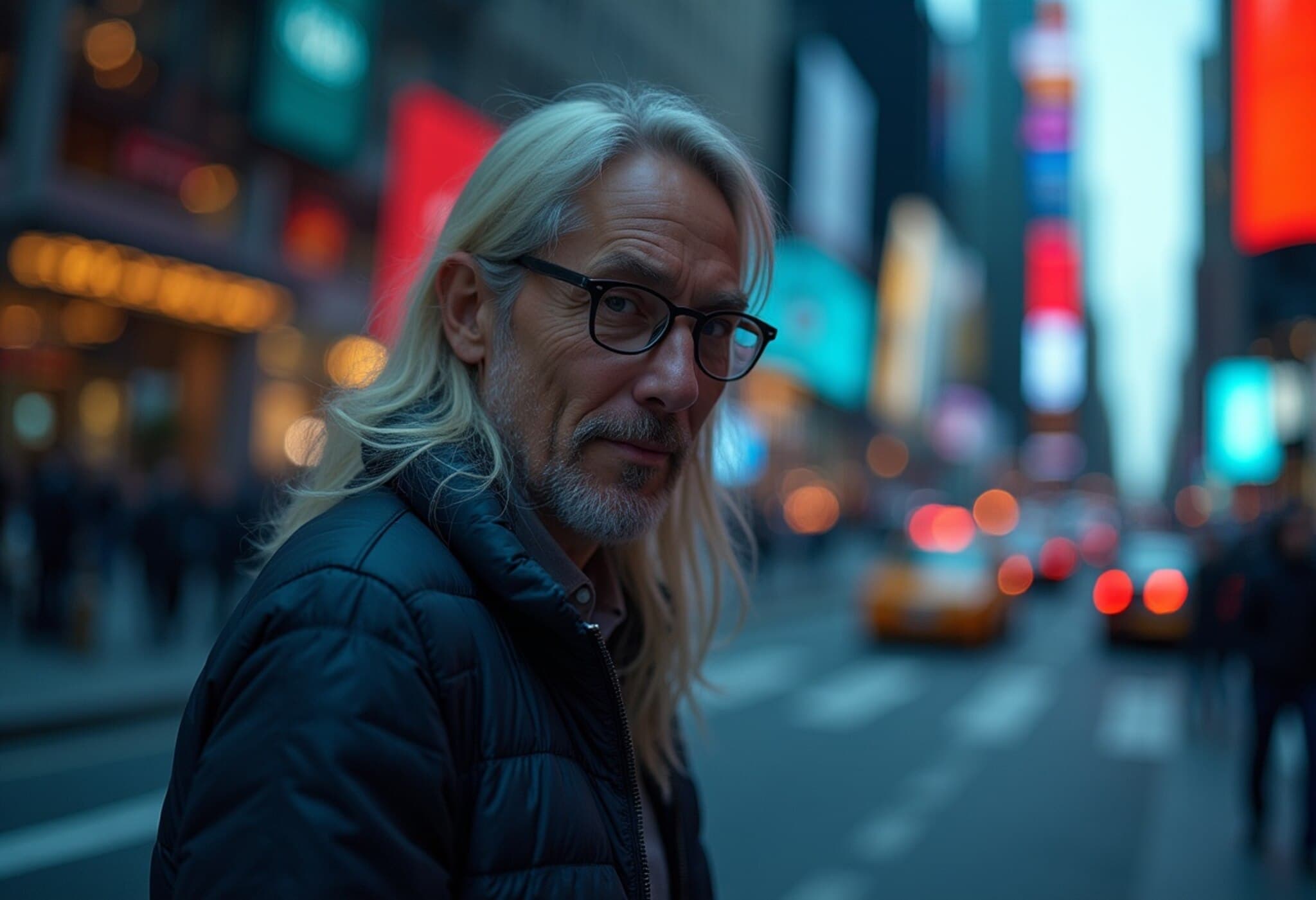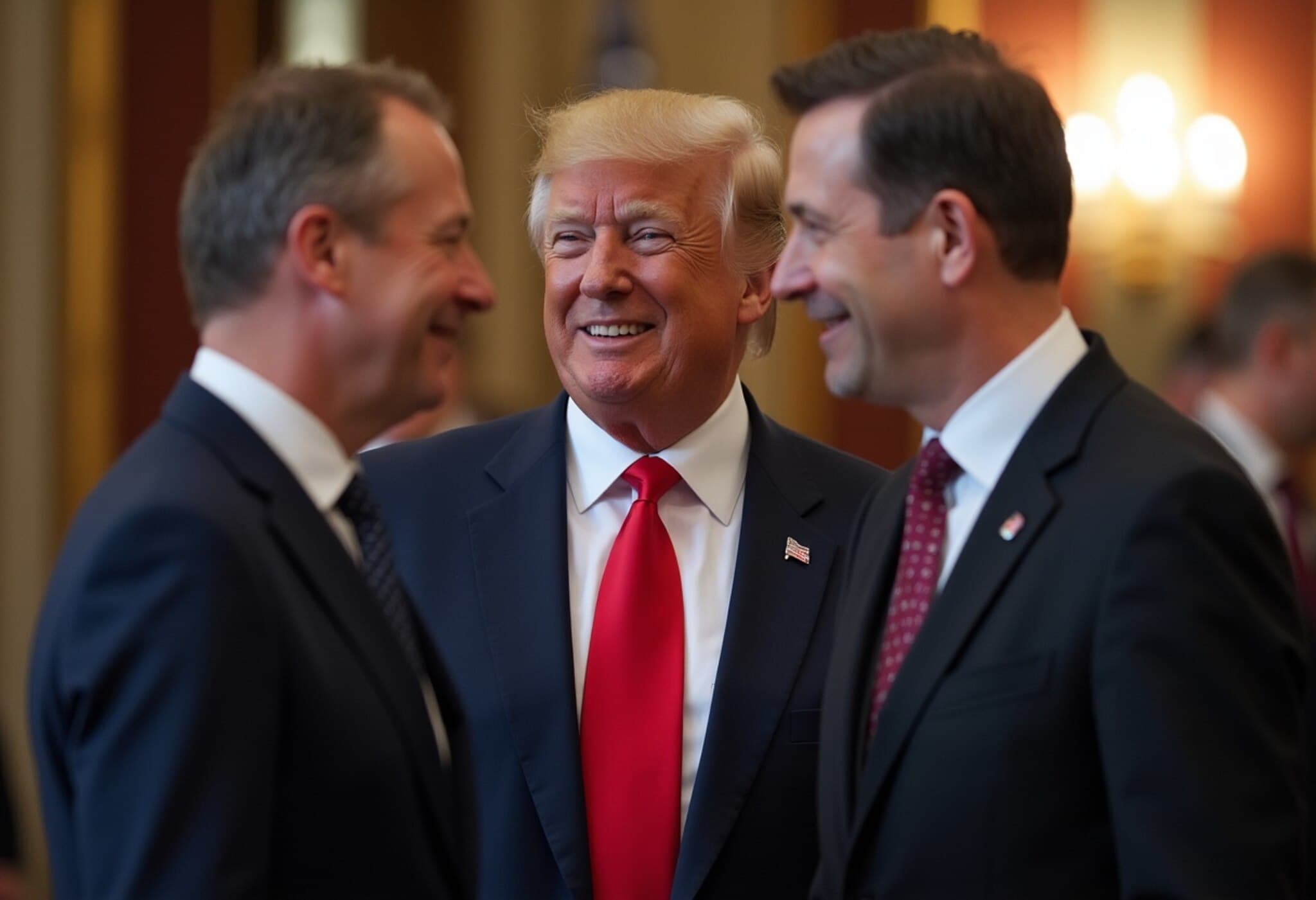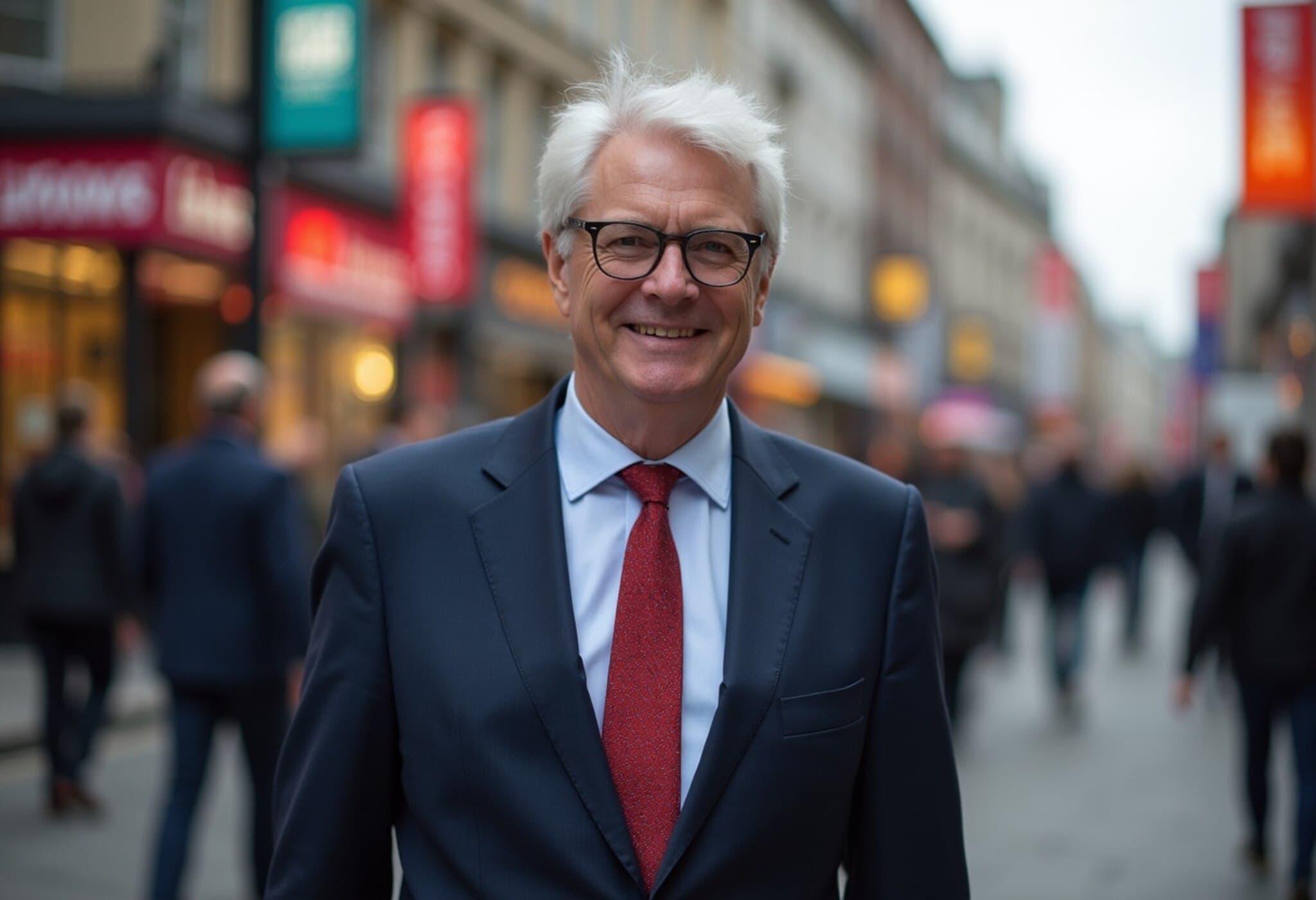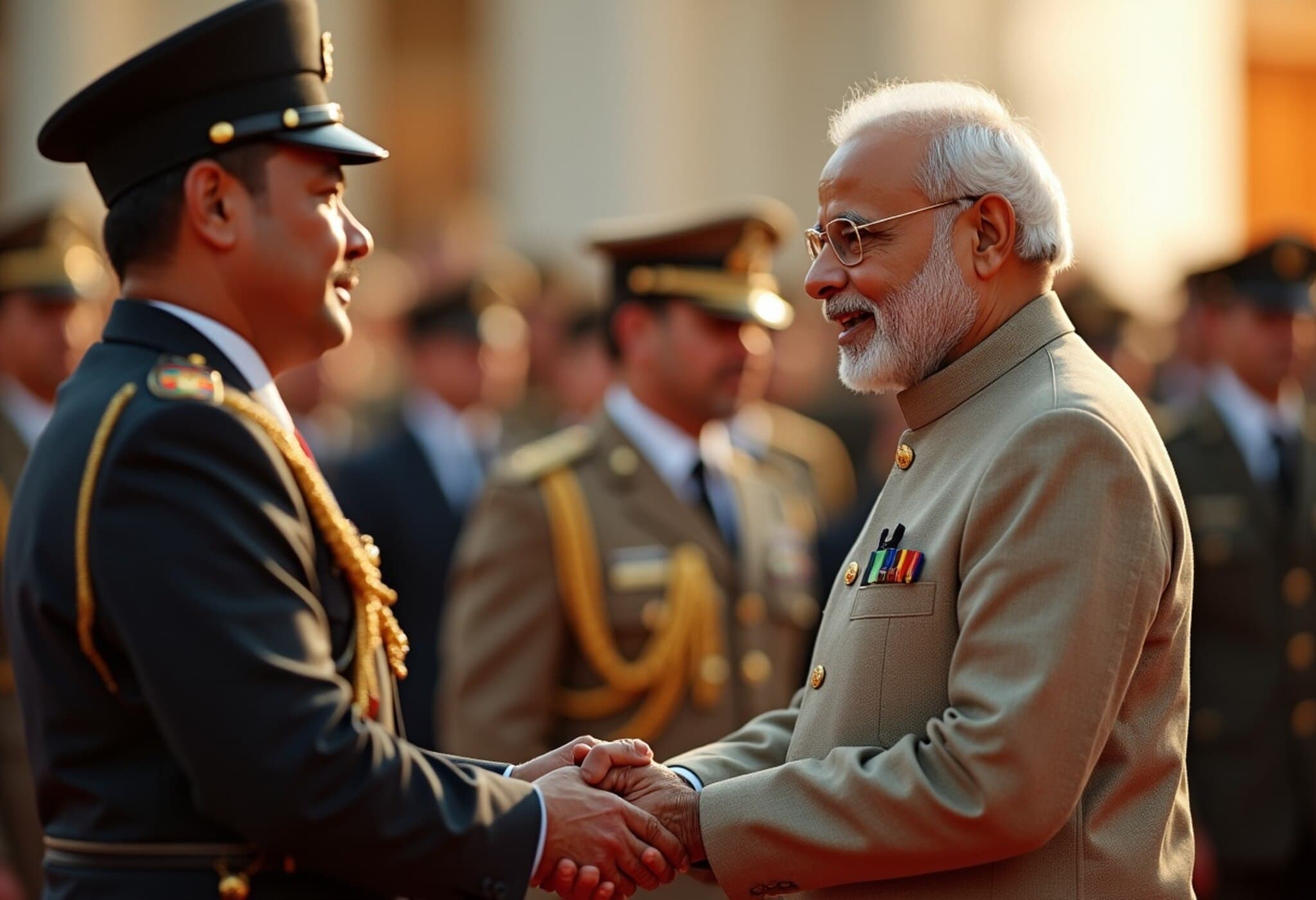Former UK Prime Minister Rishi Sunak Rejoins Goldman Sachs
In a significant move blending politics with finance, Rishi Sunak, the former Prime Minister of the United Kingdom, is set to re-enter the banking world by rejoining Goldman Sachs as a senior adviser, the prestigious investment bank announced on July 8, 2025. This development comes approximately one year after Sunak’s Conservative Party suffered a notable defeat in the UK general elections.
Transitioning from Politics Back to Finance
Sunak’s journey is a testament to the fluid relationship between high-level public service and global financial institutions. Having started his career at Goldman Sachs in the early 2000s as an intern and analyst, Sunak subsequently pivoted to politics, entering Parliament in 2015. Over the past decade, he rose through the ranks to become Chancellor of the Exchequer and eventually Prime Minister, before stepping down as Conservative Party leader following the 2024 election loss which dramatically reduced his party's seat count.
Role and Restrictions in New Position
David Solomon, Goldman Sachs’ Chairman and CEO, warmly welcomed Sunak’s return, emphasizing the value of his unique insights on the global economic and geopolitical climate. However, Sunak’s new advisory role is under strict scrutiny. The UK government’s Advisory Committee on Business Appointments (Acoba) has imposed limitations that prevent him from working on matters that could overlap with his recent ministerial duties.
This one-year waiting period, a standard safeguard in UK politics, aims to prevent conflicts of interest and preserve public trust by restricting Sunak to advising on strategy, macroeconomic trends, and geopolitical developments that don't conflict with his time as Prime Minister. This also addresses concerns about potential access to government influence stemming from his recent leadership role.
Philanthropy at the Forefront
Notably, Sunak has committed to donating all his earnings from Goldman Sachs to The Richmond Project, a charity dedicated to improving numeracy skills among disadvantaged youth. This philanthropic gesture helps reinforce a positive image and addresses public sensitivities about former politicians profiting from private sector roles linked to government experience.
Expert Analysis: What This Move Signals
Sunak’s re-entry into Goldman Sachs is emblematic of a broader global trend where politicians and financial institutions increasingly intersect, raising questions about the revolving door phenomenon between government and big finance. From a policy perspective, the safeguards imposed by Acoba reflect an ongoing struggle to balance expertise utilization and ethical governance.
Economically, Sunak’s extensive background in finance coupled with his political acumen may provide valuable macroeconomic guidance, particularly as the UK navigates post-Brexit economic challenges and global geopolitical uncertainties.
Underreported Perspectives
- Public Transparency: The nuances of Sunak’s advisory role and the extent of influence he could wield merit ongoing public and parliamentary oversight to ensure accountability.
- Charity Engagement as Soft Power: Using charitable donations to mitigate criticism of private-sector appointments is a growing trend warranting scrutiny.
- Impact on Conservative Party Dynamics: Sunak’s continued presence in Parliament while balancing a high-profile banking advisory role could affect his political capital and future leadership prospects.
Looking Ahead: What to Watch
Sunak’s dual identity as a former head of government and senior private sector adviser situates him at an intriguing crossroads. Observers should watch how his role shapes UK policy debates, financial markets’ perceptions, and the Conservative Party’s evolution. Additionally, the model of ethical oversight used here could serve as a template for managing future transitions between public office and private enterprise in democracies worldwide.
Editor’s Note
Rishi Sunak’s return to Goldman Sachs encapsulates the complex dance between political power and financial influence in modern governance. While his commitment to charitable giving softens potential criticism, the boundaries drawn by ethics watchdogs highlight the critical need for vigilance to preserve democratic integrity. This case provokes broader questions about how societies manage the revolving doors of leadership, ensuring expertise is harnessed without compromising public trust.

